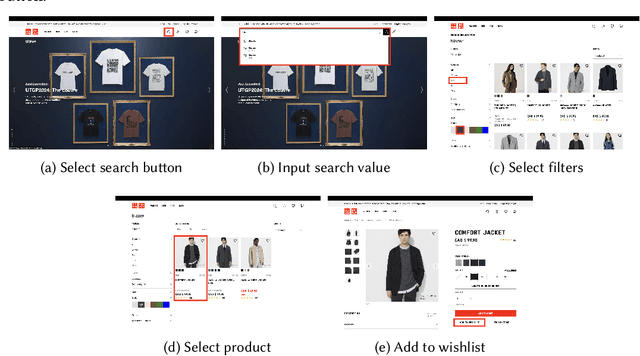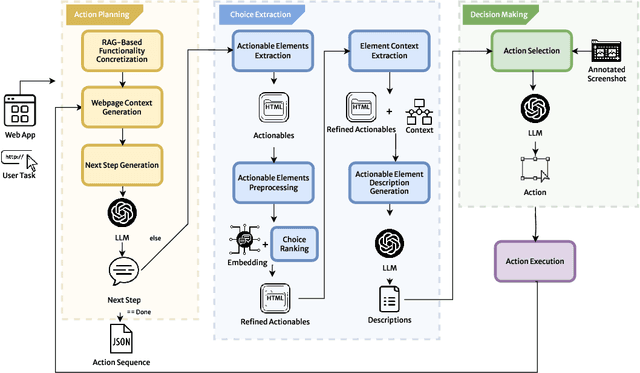Noor Nashid
LLM Test Generation via Iterative Hybrid Program Analysis
Mar 17, 2025



Abstract:Automating unit test generation remains a significant challenge, particularly for complex methods in real-world projects. While Large Language Models (LLMs) have made strides in code generation, they struggle to achieve high branch coverage due to their limited ability to reason about intricate control flow structures. To address this limitation, we introduce Panta, a technique that emulates the iterative process human developers follow when analyzing code and constructing test cases. Panta integrates static control flow analysis and dynamic code coverage analysis to systematically guide LLMs in identifying uncovered execution paths and generating better test cases. By incorporating an iterative feedback-driven mechanism, our technique continuously refines test generation based on static and dynamic path coverage insights, ensuring more comprehensive and effective testing. Our empirical evaluation, conducted on classes with high cyclomatic complexity from open-source projects, demonstrates that Panta achieves 26% higher line coverage and 23% higher branch coverage compared to the state-of-the-art.
NaviQAte: Functionality-Guided Web Application Navigation
Sep 16, 2024



Abstract:End-to-end web testing is challenging due to the need to explore diverse web application functionalities. Current state-of-the-art methods, such as WebCanvas, are not designed for broad functionality exploration; they rely on specific, detailed task descriptions, limiting their adaptability in dynamic web environments. We introduce NaviQAte, which frames web application exploration as a question-and-answer task, generating action sequences for functionalities without requiring detailed parameters. Our three-phase approach utilizes advanced large language models like GPT-4o for complex decision-making and cost-effective models, such as GPT-4o mini, for simpler tasks. NaviQAte focuses on functionality-guided web application navigation, integrating multi-modal inputs such as text and images to enhance contextual understanding. Evaluations on the Mind2Web-Live and Mind2Web-Live-Abstracted datasets show that NaviQAte achieves a 44.23% success rate in user task navigation and a 38.46% success rate in functionality navigation, representing a 15% and 33% improvement over WebCanvas. These results underscore the effectiveness of our approach in advancing automated web application testing.
 Add to Chrome
Add to Chrome Add to Firefox
Add to Firefox Add to Edge
Add to Edge